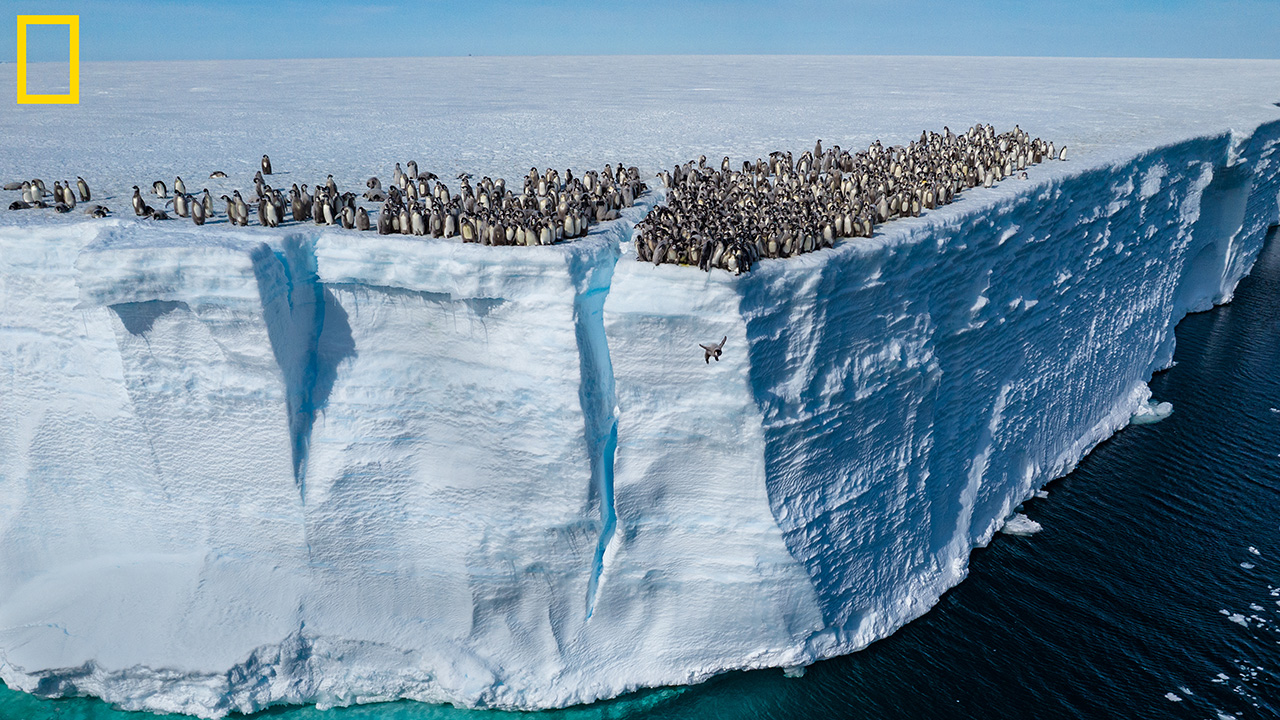'Infinitely recyclable': How innovations like bendable glass will impact the future

From eyeglasses to phone screens and cameras to televisions, glass is everywhere in our lives. This ever-present material has been in use for more than 4,000 years.
Scientists recently forged bendable glass, allowing phone screens, as well as other curved displays, to fold. Experts are calling it a game changer.
National Geographic's February edition explores how important the material, that we may take for granted, is a part of our every-day life and how it will severely impact the future.
"Glass is one of those materials," said Christopher Payne, Nat Geo contributing photographer. "It's like our clothing. We don't even know it's there and it surrounds us. It's so ubiquitous that it's just hiding in plain sight wherever we look. It's embedded in all kinds of things that we're not even aware of.
Payne, who spent years documenting glass innovation in Japan, details how this pervasive material is being used to store radioactive waste and peer farther and farther into the depths of the universe.
"This ancient material, they keep finding new uses for it, new ways to push its limits," Payne said. It's also infinitely recyclable, this organic material that can be used over and over again."
For more on this story on the glass revolution, visit Natgeo.com. (A subscription may be required to view the content.)
Disney is the parent company of National Geographic and this station.












